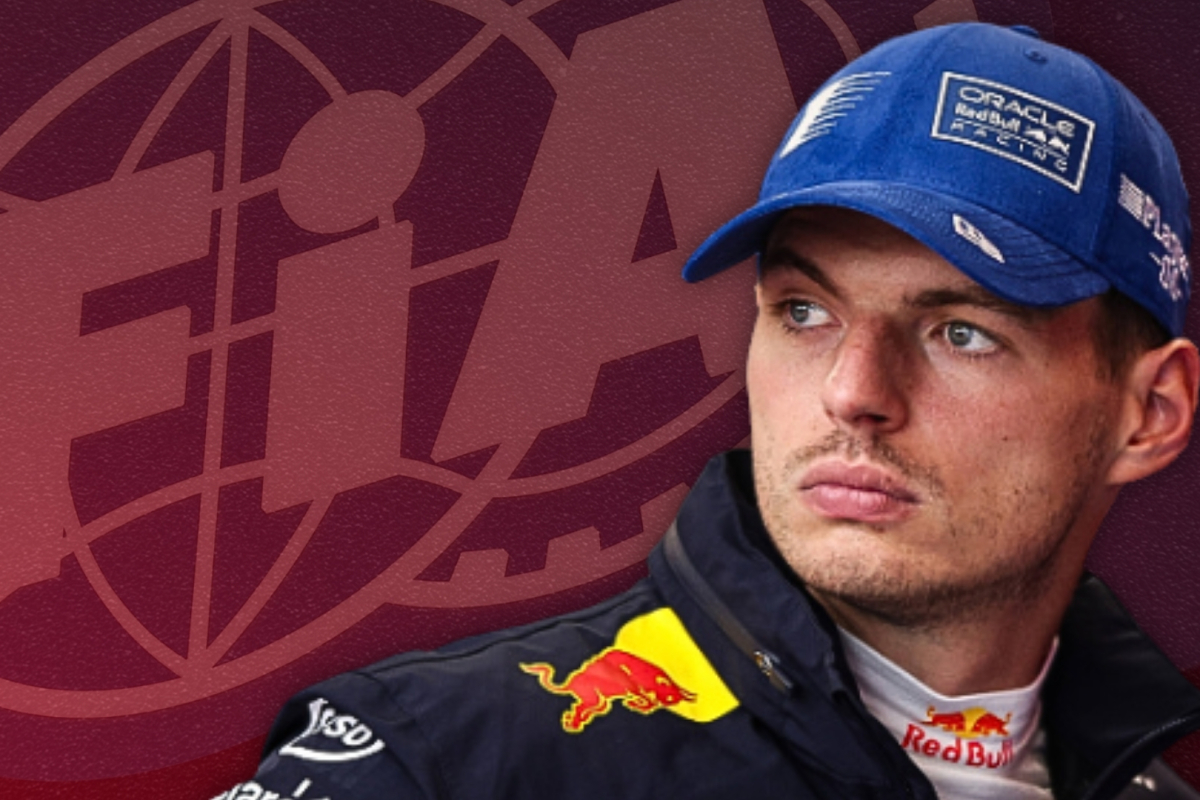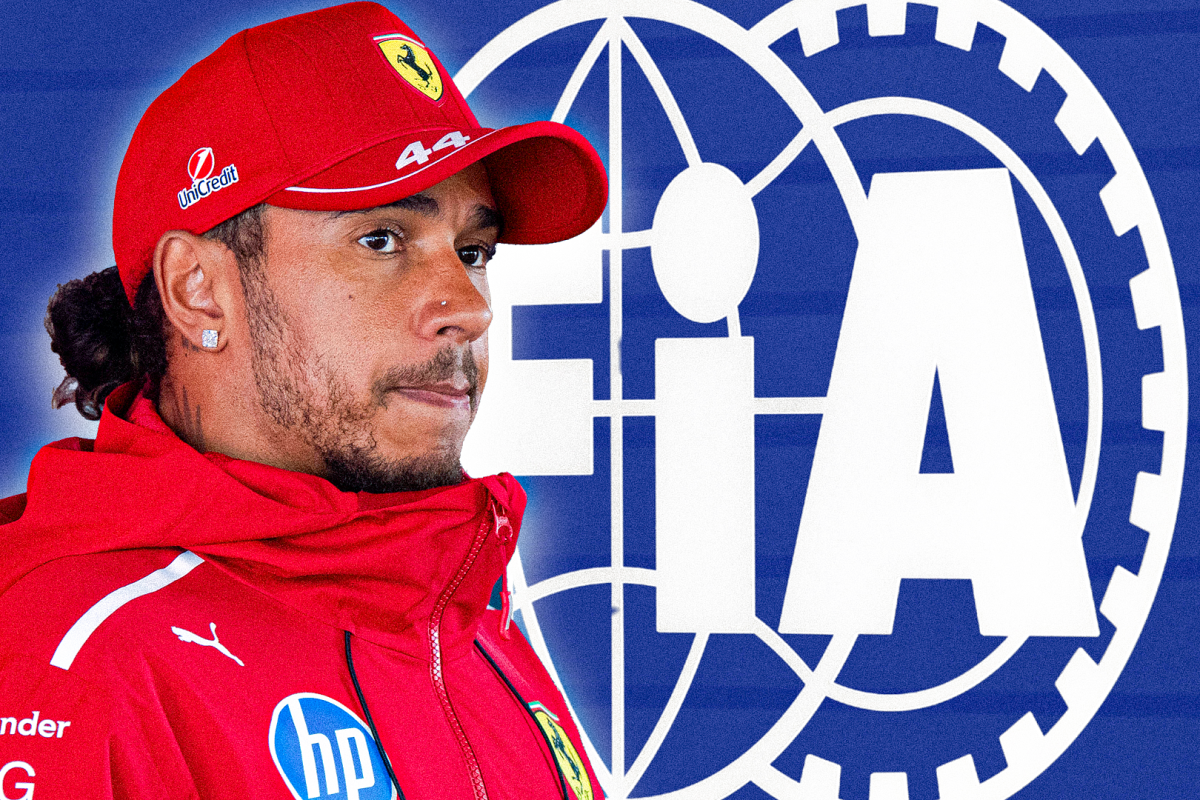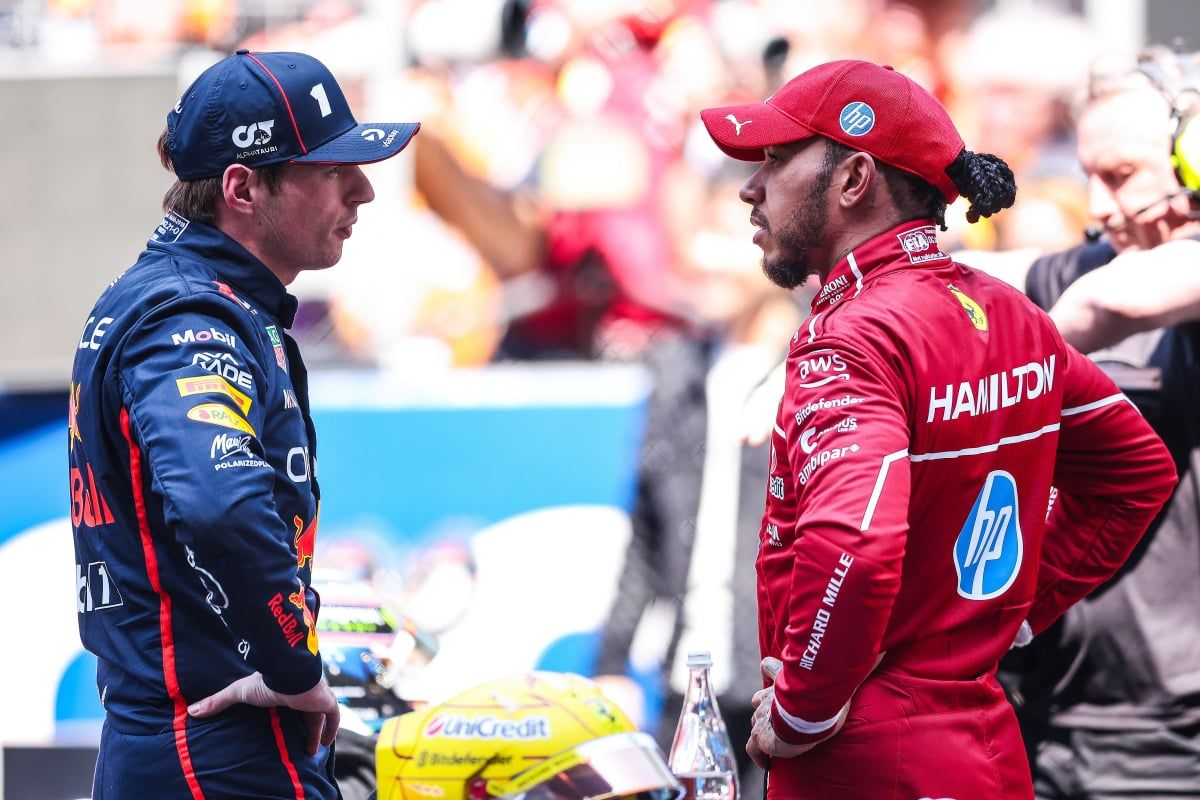Max Verstappen penalty incident sparks call for…..read more
A recent Formula 1 incident involving Max Verstappen has stirred controversy and reignited debates about the fairness and consistency of FIA penalties, particularly in high-stakes scenarios. The Dutch driver, who is the reigning world champion and a four-time titleholder, was involved in a contentious moment during the opening lap of the Saudi Arabian Grand Prix in Jeddah. As the race got underway, Verstappen had a wheel-to-wheel battle with Oscar Piastri going into turn one. During this tussle, Verstappen left the track and, in doing so, managed to gain a clear advantage by retaining the lead of the race.
Although the incident was immediately noted by the FIA stewards, Verstappen chose not to return the position to Piastri. Instead, he continued ahead, prompting the race officials to issue a five-second time penalty. This punishment was ultimately served during Verstappen’s pit stop, where he remained stationary for five seconds before his crew could begin work on the car. This delay allowed Piastri to overtake him on-track and seize control of the race.
Piastri, now showing consistent pace and confidence, capitalized on the opportunity. Once ahead of Verstappen, the McLaren driver didn’t look back. He built up a comfortable lead and maintained his performance throughout the race, ultimately taking his third Grand Prix win of the season. This victory also elevated the young Australian to the top of the drivers’ championship standings, marking a significant milestone in his still-burgeoning F1 career.
In the aftermath of the race, opinions have been divided about whether the penalty issued to Verstappen was fair and sufficient. One prominent voice questioning the leniency of the stewards is Giancarlo Minardi, a respected figure in the sport and founder of the now-defunct Minardi F1 team, which competed in the championship from 1985 until 2005 before evolving into what is now known as AlphaTauri.
Minardi took to his personal website to express his disappointment and disagreement with the penalty imposed on Verstappen. While he acknowledged Verstappen’s remarkable performance during qualifying – where the Red Bull driver delivered an exceptional pole lap following a tough weekend in Bahrain – Minardi argued that the penalty did not reflect the scale of the advantage gained during the incident. He specifically highlighted the timing of the infringement, pointing out that it occurred right at the start of the race when gaining or losing track position can have a much more significant impact on the final result.
“I don’t agree with the penalty,” Minardi wrote. “I believe that five seconds are too lenient given the advantage that Verstappen secured by staying ahead and not returning the place. This is especially critical since it happened at the beginning of the race, where track position can define race strategy and outcome.”
Minardi’s comments echo a broader concern within the Formula 1 community about the consistency of FIA rulings. Many observers feel that certain drivers – especially those frequently in the spotlight – may not always receive penalties that are proportionate to the advantages they gain. In Verstappen’s case, while the five-second time penalty did affect his position in the race, some argue that it was not a sufficient deterrent and may set a problematic precedent for future on-track behavior.
As Formula 1 continues to grow in popularity and intensity, these kinds of penalty debates are becoming increasingly common. The FIA faces mounting pressure to maintain fairness across the grid and ensure that penalties are not only consistent but also appropriate to the offense committed. Verstappen’s incident in Jeddah and the subsequent fallout serve as a reminder of how crucial stewarding decisions are to the integrity of the sport.
For now, Piastri enjoys the spotlight after a brilliant drive, while Verstappen and Red Bull may reflect on the incident with an eye toward future battles. Meanwhile, voices like Minardi’s ensure that these moments aren’t forgotten easily – and that the debate over what constitutes fair play in Formula 1 remains very much alive.




